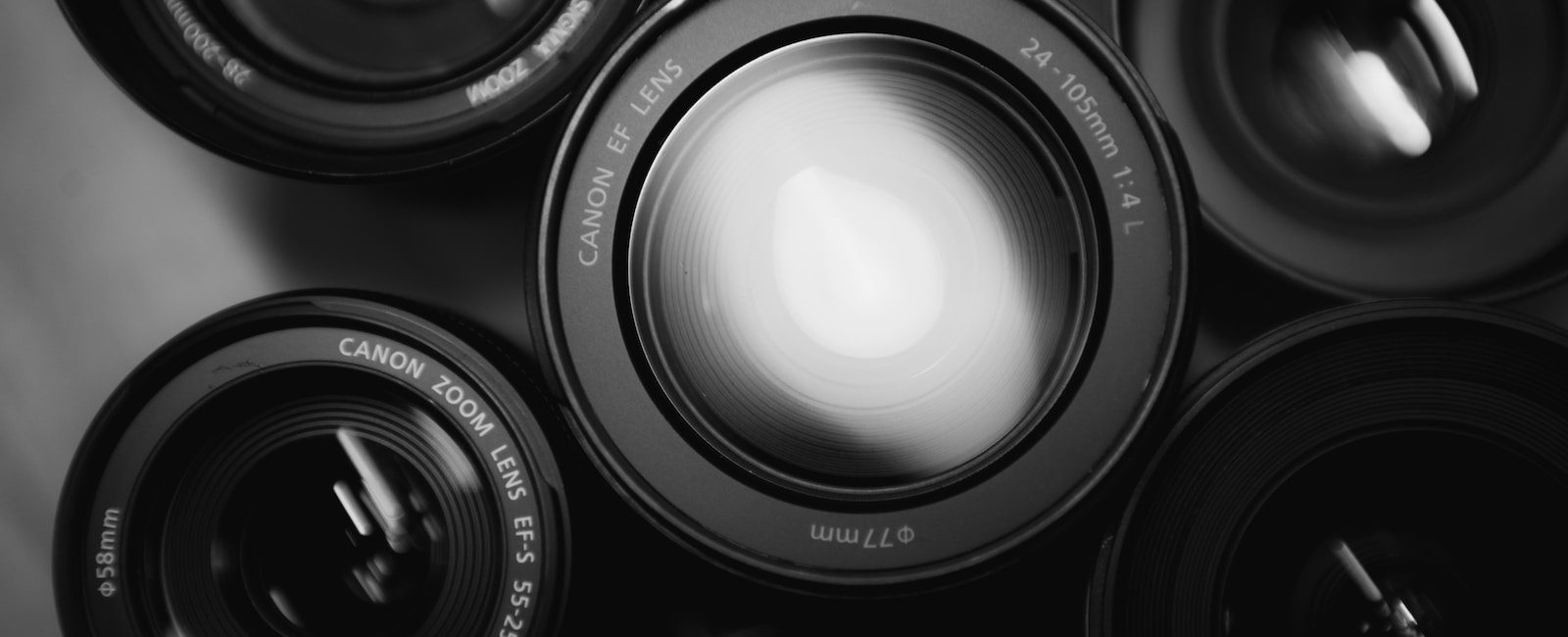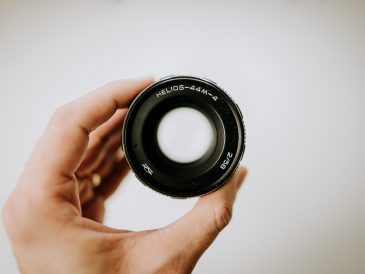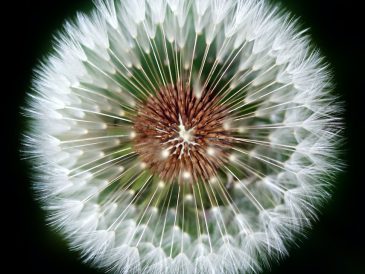A lens is an important tool for photographers as it collects and focuses light onto the camera sensor. It is crucial to keep the lens clean and safe to ensure good quality photos. Understanding how to clean your lens properly will make it easy to maintain at home. In this article, you will find helpful tips on how to clean and care for your camera lenses.
How to clean?
Camera lenses can be expensive, especially professional ones that often have weather sealing to prevent moisture from entering the lens. While these lenses are built to be durable, they can still be damaged if dropped. Cheaper lenses without weather seals are more prone to moisture and fungal growth if not dried properly. It is important to take care of your lenses to ensure their longevity and performance.
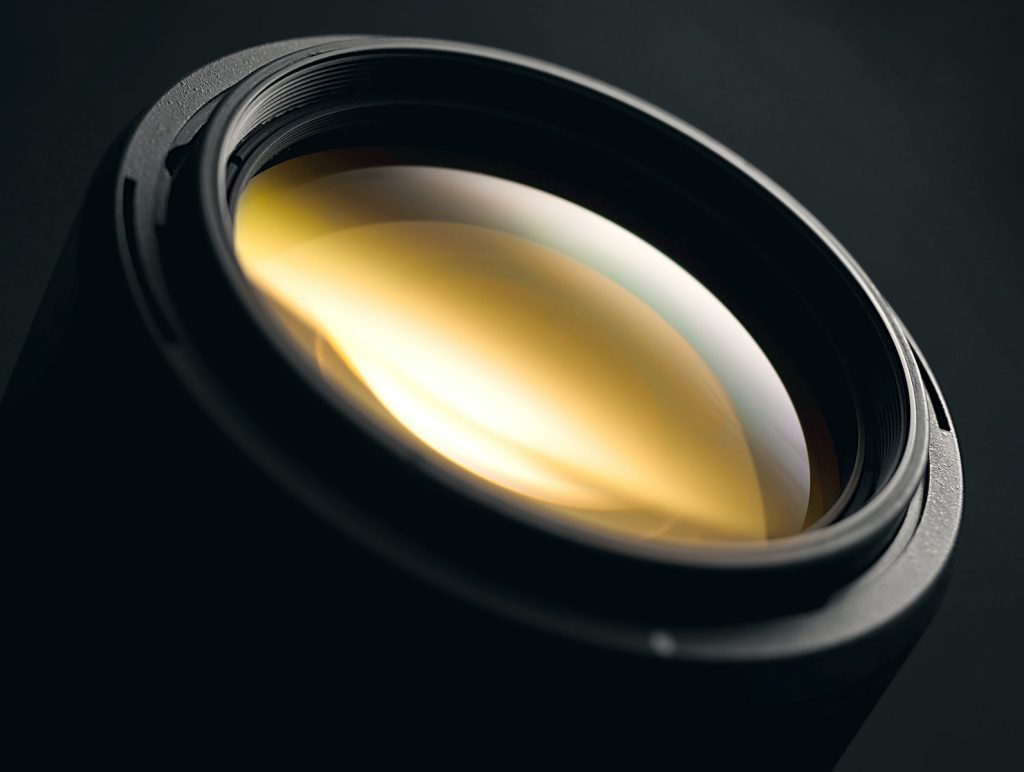
To prevent moisture and humidity from affecting your lens, avoid exposing it to rainy and humid environments. Moisture can accumulate around the lens when it is kept in a cooler bag, leading to the growth of fungus. This is especially important to keep in mind when shooting at beaches where there is high salt and moisture concentration in the air. Protecting your lens from such conditions is necessary to maintain its quality.
Use Lens pouches
Using a lens pouch is a great way to keep your lens clean and protected. Opt for a high-quality pouch with a good closing mechanism to prevent dirt and dust from settling on the lens. A good pouch can also provide some cushioning to protect against occasional bumps when traveling.
Always remember to use lens caps on both the front and rear of the lens when it is not mounted on the camera body. These caps will safeguard the optical elements from scratches and dirt. Immediately put the lens caps on after using the lens to ensure its protection.
When the lens is not in use, it is best to keep it facing downwards to minimize the accumulation of dust particles on the lens elements. This simple practice can help prevent dust from settling on the glass.
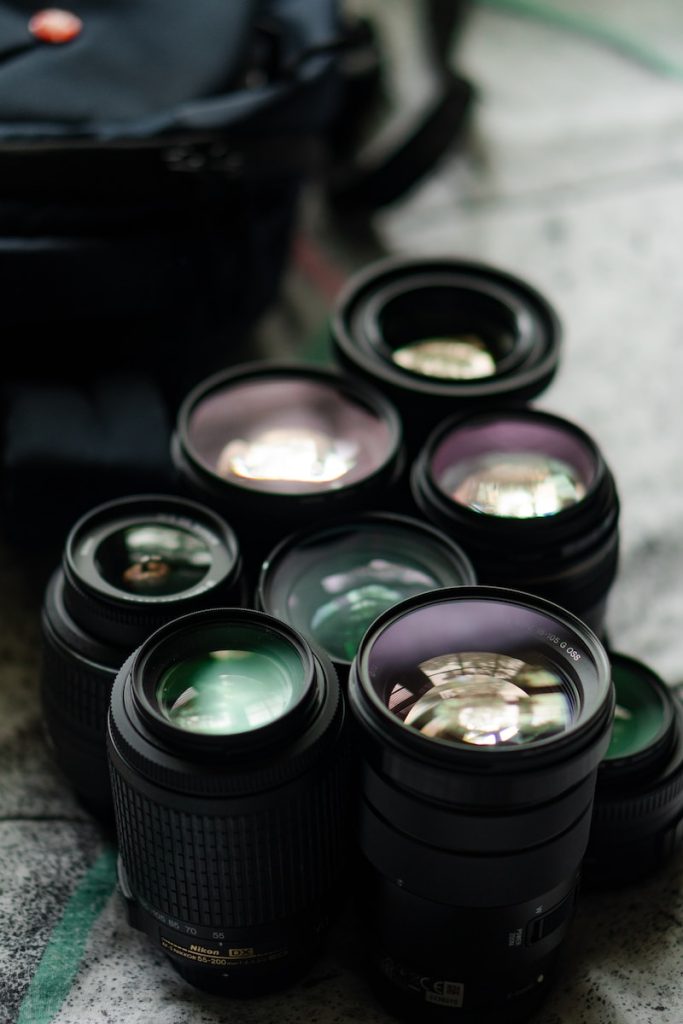
Avoid touching the glass part of the lens with your fingers as it can leave oil stains and smudges that are difficult to remove. Always carry clean microfiber cloths with you to clean the lens surface before using it. Check for any dust, smudges, or dirt on the glass and clean it off before shooting.
If there are sand or grit particles on the lens surface, do not wipe them off directly as they are abrasive and can cause scratches. Use a soft lens-cleaning brush to gently remove the loose grit. Make sure to hold the lens downward and brush it to let gravity assist in removing the dirt. Inspect the lens carefully to ensure all the grit has been removed. If not, repeat the process. Keeping the brush clean using a plastic bag or case is recommended.
In case smudges are present on the lens surface, using a microfiber cloth is the best solution. Gently rub the lens starting from the center and moving towards the edges in a spiral galaxy-like motion. Circular motions can effectively clean the lens. A microfiber cloth is designed specifically for cleaning optical glass surfaces. If the smudges persist, using a lens cleaner solution applied to the microfiber cloth can help. Remember not to spray the solution directly onto the lens surface.
A lens pen is a popular tool for keeping camera lenses clean. It acts as a pen with a wiper and often comes with a self-cleaning tip. It is important to replace your lens pen when it no longer functions properly to ensure effective cleaning.
It is recommended to purchase a complete lens cleaning and maintenance kit rather than individual items. A popular option is the Altura Professional Cleaning Kit for DSLR Cameras and Lenses, which includes a microfiber cloth, lens brush, lens pouch, liquid cleaner, rocket blower, and sensor swab. It is important to avoid trying to polish the lens as it can do more harm than good.
Taking care of your camera lens is essential, and these tips will help you in cleaning and maintaining it effectively. Remember to also clean your camera sensor to ensure optimal performance. Care and maintenance are key to getting the most out of your camera lenses.

